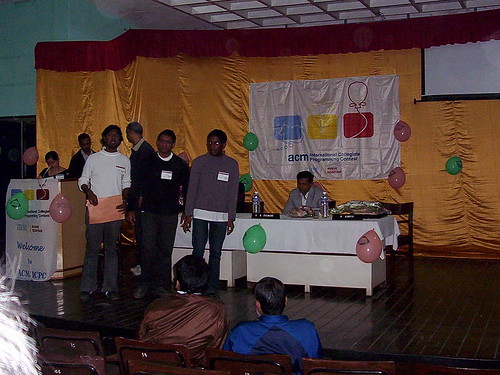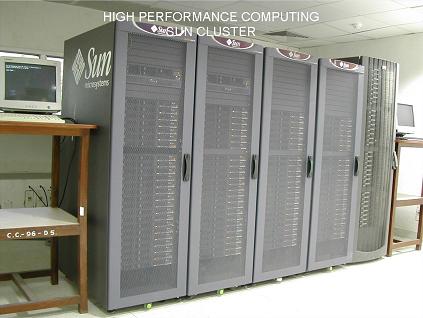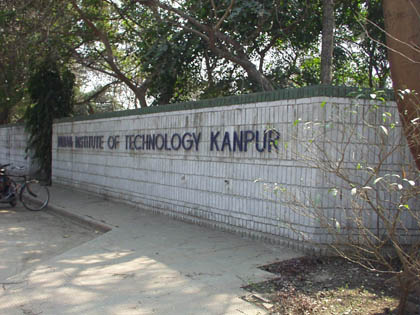Yes! The time has come for Rajiv Perseedoss, Yannick Catherine and Madhav Ramlugun to prove to the world how good they are. The programming contest has started at 10:00 (8:30 in Mauritius) today and will end in 30 minutes.
Then, we’ll visit Kanpur a little thanks to Prof Prabhakar and we’ll get back at 18:00 for the prize-giving ceremony.
Of course, we are confident that we will win :-)
In case you haven’t noticed, I’ve uploaded some photos to my flickr account.
STOP PRESS!!! STOP PRESS!!! STOP PRESS!!!
I am happy to tell that our team, The Cool Islanders, has won a magnificent certificate of achievement with an honorable mention. Rajiv, Yannick and Madhav did not come first but achieved something great: they put Mauritius on the world map of the ACM-ICPC Programming Contest. Congratulations to all those involved including the other students, the co-organisers in Mauritius (Anwar, Pascal and Sudha), Data Communications Ltd. (Mr Ganesh Ramalingum and others) and all those in the University of Mauritius.
See you soon in Mauritius…





